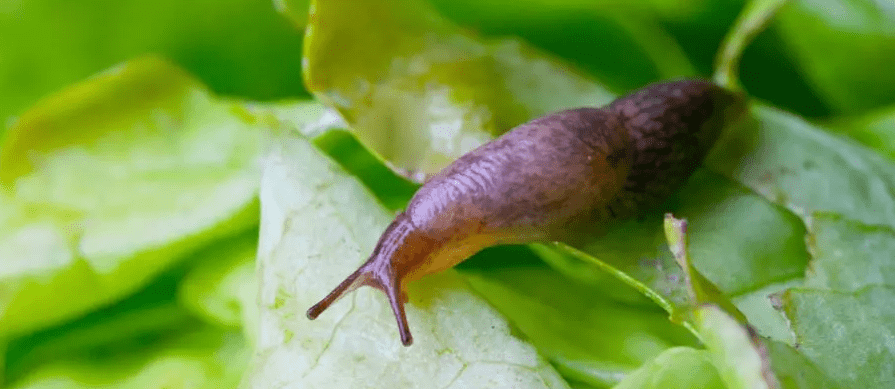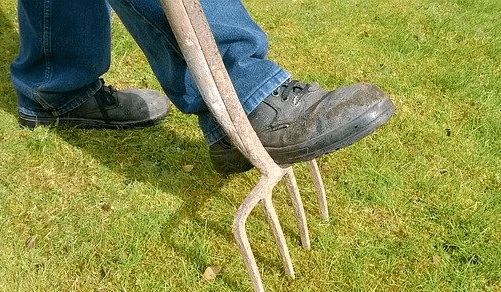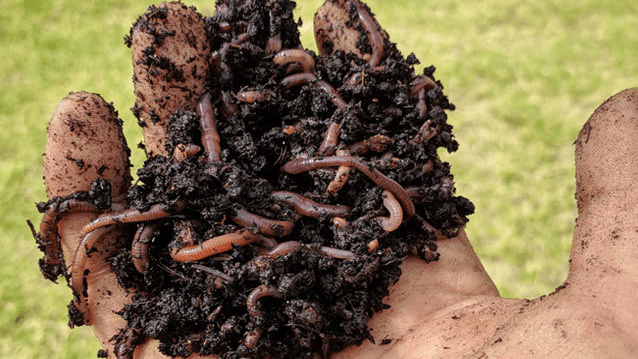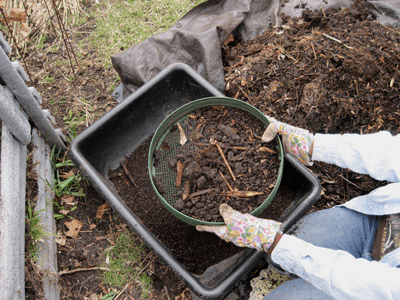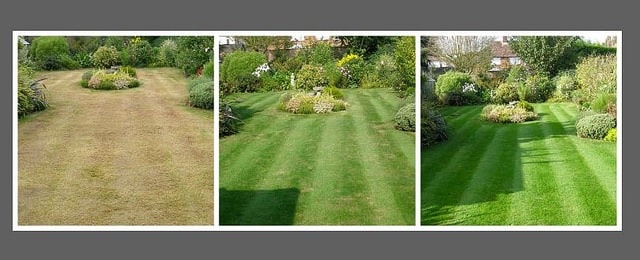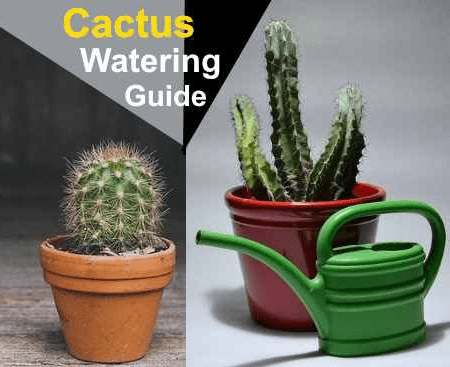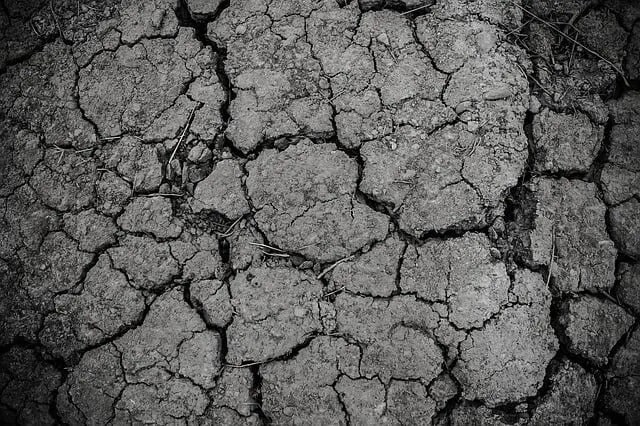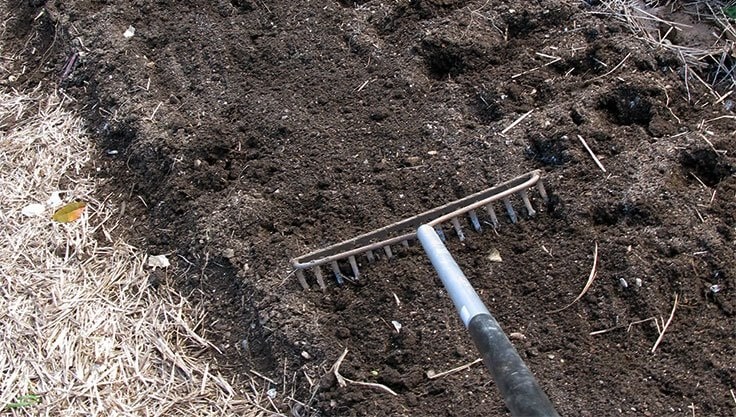When making an organic garden you have to choose and take into account many aspects and all the elements that will integrate it, such as growing containers. There are many types of growing containers and the choice will depend, among other things, on the plants to be grown in the garden and whether or not seedbeds are required.

Biodegradable pots, for example, are a good option for plants that are to be planted in seedlings, since the biodegradable pots will do this function and then, at planting, will be buried in the soil avoiding a more traumatic transplanting for the roots of the seedling.
Contents
What is organic material
To start an organic garden it is important to choose the plants that are going to be part of it and to know what we are going to start from: if we are going to use seed or plant. If we want an organic garden, in both cases it is necessary to make sure that organic material is used.
To know if a plant or seed is organic, it must have a special label indicating that it is a product from organic farming. If we choose the option of buying a plant, it will come in a container or pot. If we want our garden to be totally organic, we will have to take into account the type of pot in which the plants are sold.
Characteristics of a good pot for the organic vegetable garden
The ideal pot, both for use in nurseries and for home use, must have a number of characteristics.
The first of these is that it has to be easy to handle, it has to facilitate both the operations to be carried out on the plant and its transport. In addition, it must favor the good development of the roots (it must have some holes in the bottom, for example), and provide good conditions for the perfect development of the plant (not to heat up too much, not to filter the water…).
The external aspect of the pot is also important to be able to sell the plants easily. If we find unattractive pots we will not buy the plants. It is also important that they offer us a safe support for our plants, we will not buy plants whose pots are not good for the development of any plant.
The pots that we can find in nurseries are usually made of plastic materials such as polypropylene, high density polyethylene, polystyrene resin or thermoplastic. These plastics do not come from natural materials, they are synthetic chemicals (polymers) and cannot be assimilated back into nature. Although they can be reused, their manufacture is not environmentally friendly, so you have to look for another type of material for the pots. It may seem that there is no alternative to plastic pots, however, nowadays there are pots or plant containers made of biodegradable materials.
Biodegradable pots
Biodegradable pots are made of biologically processed raw materials and offer an interesting alternative to conventional containers made of synthetic materials.
Two groups of biodegradable pots are distinguished depending on the material used for their manufacture:
- Pots made of plant fibers such as paper, wood fiber, coconut fiber, jute or peat.
- Pots made of processed materials made from renewable plant-based materials.
The fundamental characteristic of this type of biodegradable pots is that, after a not very long period of time, they degrade in the soil and are transformed into organic matter that can be used by the plant.

Normally, the degradation of biodegradable pots occurs after a period of time long enough so that, while the plants are in the nursery, the pot does not decompose and short enough so that the roots of the plants develop normally and we do not have problems with our garden once we have planted them.
The use of these biodegradable pots is direct. This means that the planting is done with the pot, it is not necessary to remove the container to plant in the final soil. This way we ensure that the roots have not suffered any damage in the plantation and we can trust that most of the plants will develop without problems.
Advantages of biodegradable pots
However, these pots can also be used as ornamental elements, with no distinction in appearance with those made of plastic materials. Therefore, it is possible to have a totally ecological vegetable garden and at the same time a decorative vegetable garden. In the case that the pots are used as an ornamental element, they will not degrade or transform into organic matter during the period in which we keep our plants. Once they have been used they can be discarded and it will be then when they degrade without causing damage to the environment.
Any type of biodegradable pot will provide the same characteristics as pots made of plastic materials. They can be used in the same places where plastic pots are used because they can withstand both high and low temperatures without affecting plant growth. They even provide better insulation characteristics against high temperatures. In addition, the materials from which biodegradable pots are made are very light and make them much easier to handle.
Organic food has many benefits and can be a great contribution for us, but also for the environment. We get better quality and healthier products, but we are also contributing to an improvement of the environment by using non-harmful products or materials, as is the case of these biodegradable pots instead of conventional plastic pots.


